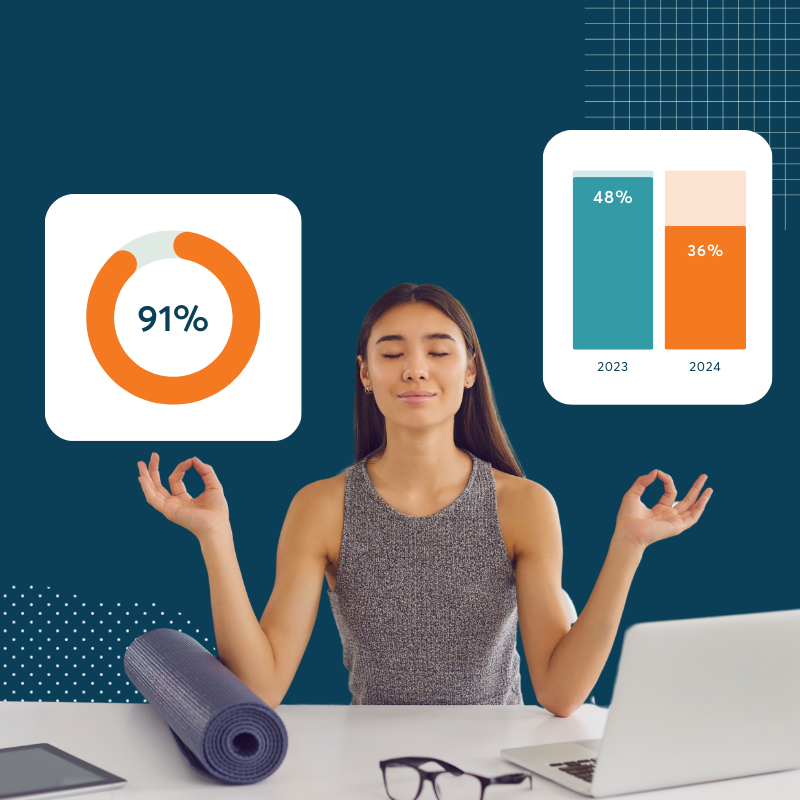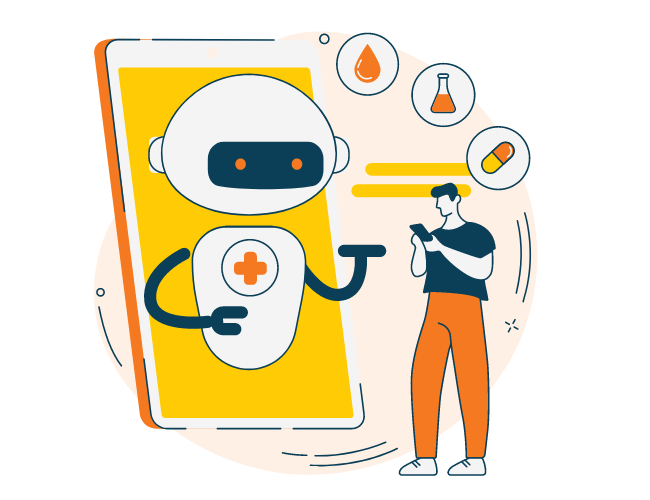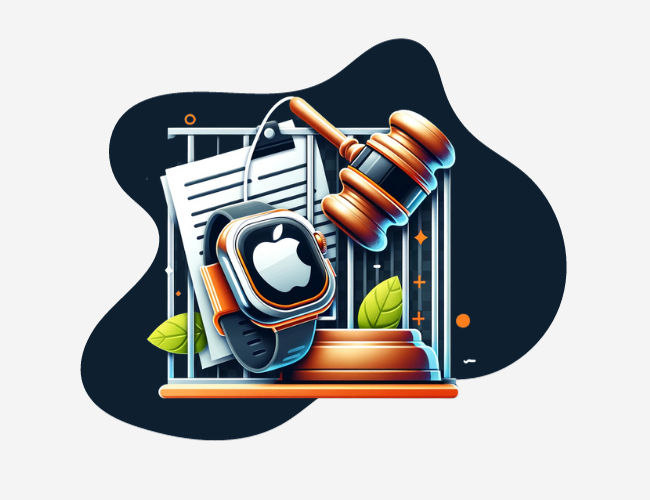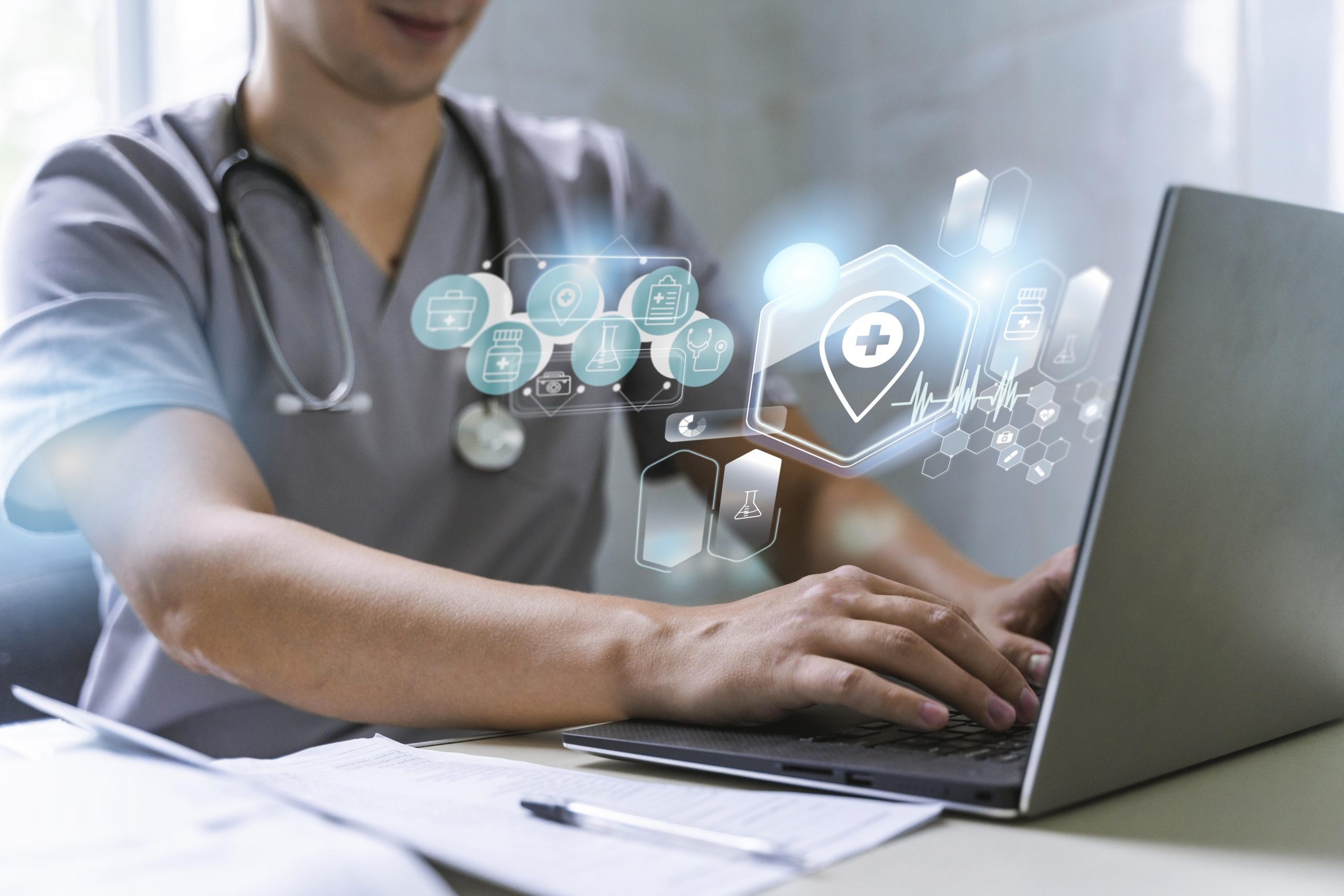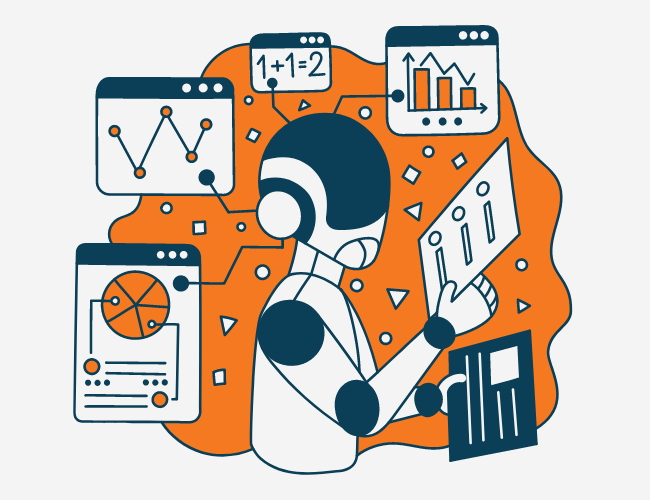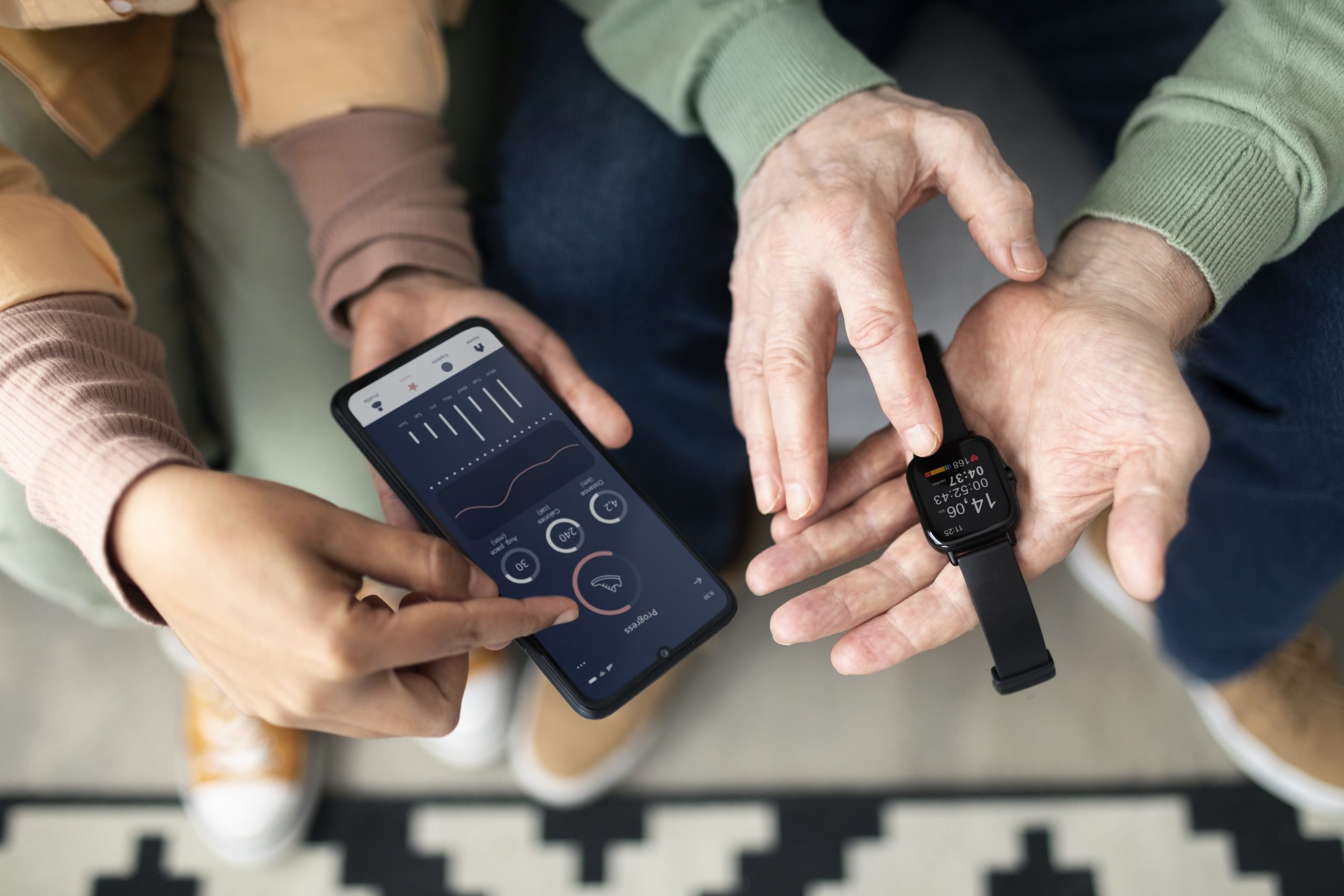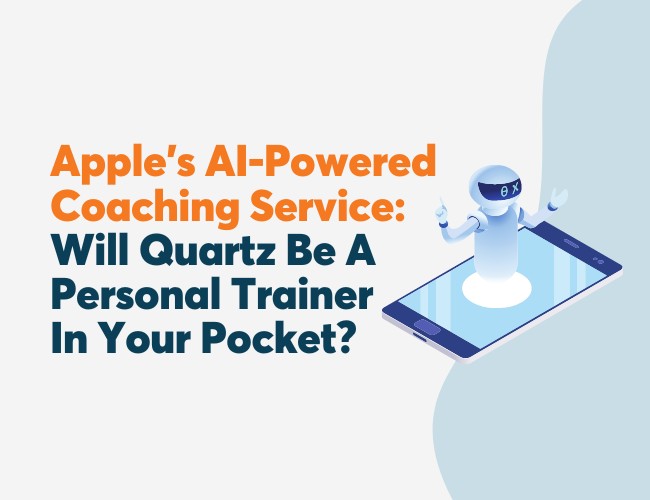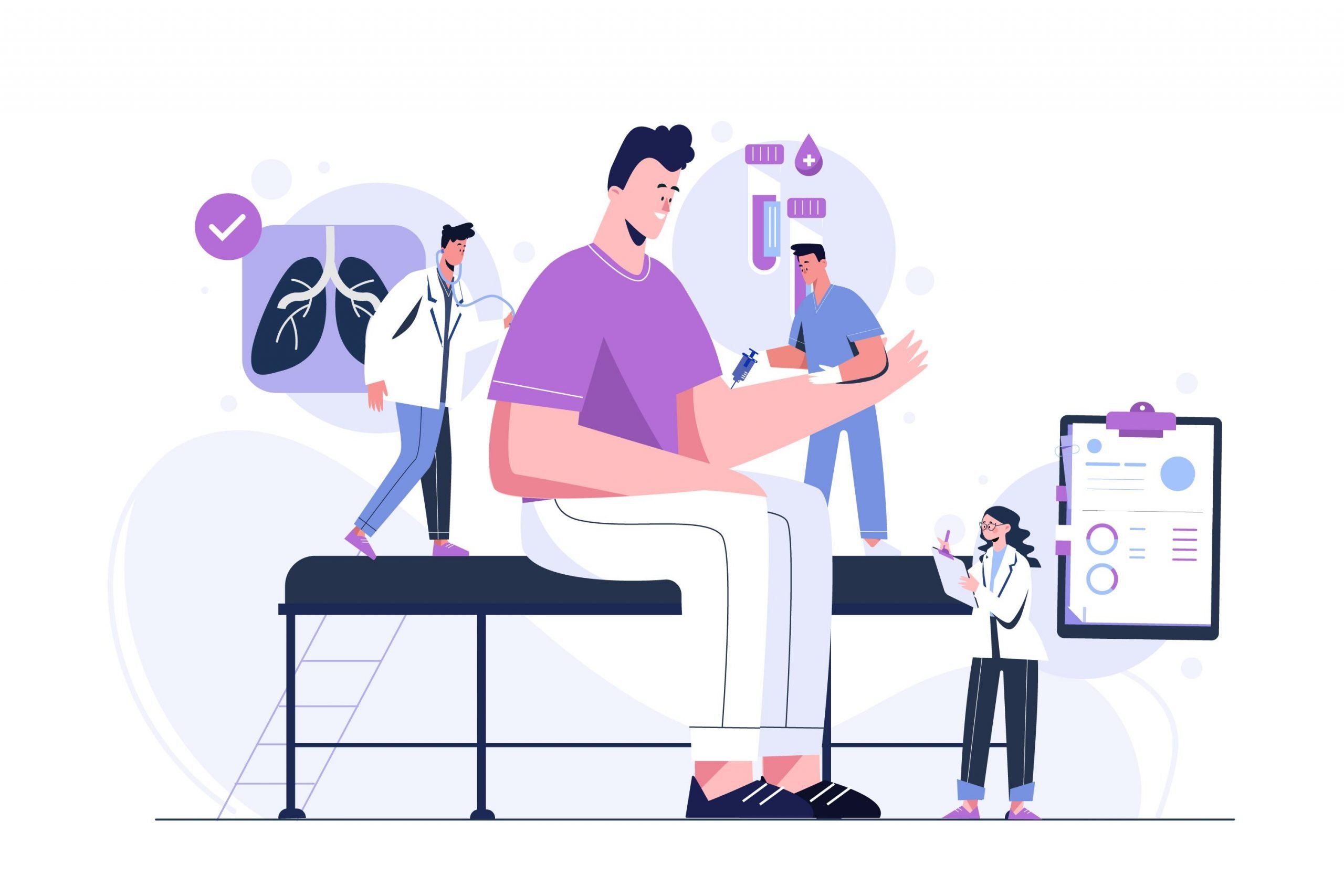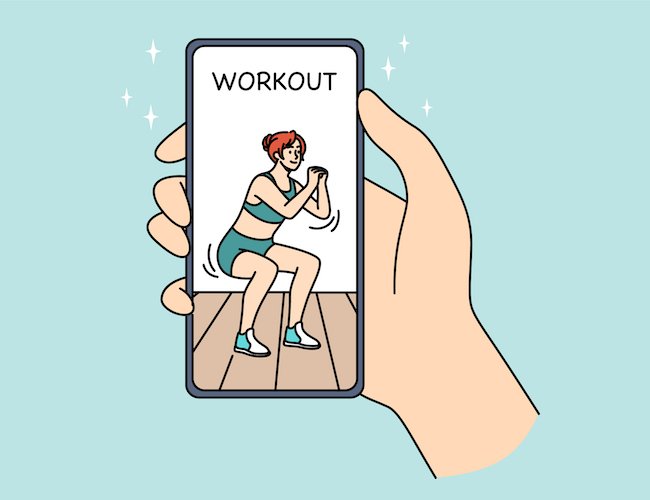Medical treatments occasionally have unintended benefits and use cases. This occurs most commonly with pharmaceuticals. After getting a drug approved for a particular use by local regulators, manufacturers often find, initially through individual reports and then through controlled experiments, that their product helps with something they didn’t design it to address. For instance, studies have found that Lyrica, a drug that was approved to treat fibromyalgia, can reduce the symptoms of generalized anxiety and obsessive-compulsive disorders.
One novel use case may be of particular significance to wellness experts looking to use nutrition as a primary wellness booster. Continuous glucose monitors (CGMs) are a type of medical device developed to provide diabetic individuals with the ability to constantly monitor and proactively respond to changes in their blood sugar levels. Recently, several manufacturers of CGMs have claimed that their devices can help protect, maintain, and even boost the wellness of non-diabetic individuals.
To help employers determine what this might mean for their organizations, this post details the purported benefits of CGM’s for use non-diabetic individuals, examines the evidence in support of these claimed benefits, and highlights the broader trend towards the democratization of health information of which a general-purpose CGM may be a part of.
Potential Benefits
There are two general benefits that advocates claim non-diabetics can acquire by properly utilizing the insights that CGMs provide. These include:
- Detection of prediabetes: Prediabetes is a health condition where individuals have elevated blood sugar levels that are not high enough to warrant a diagnosis of type 2 diabetes. Those who are prediabetic are at a greater risk of developing type 2 diabetes. According to the Centers for Disease Control and Prevention (CDC), approximately one in three American adults are prediabetic and 84% of these individuals are unaware of their condition.
In theory, CGMs could allow for earlier detection of prediabetes, which in turn could make the prevention of full-blown diabetes easier and more effective. For individuals that have risk factors (e.g., a family history of diabetes or the use of medications that tend to raise blood sugar levels), continuous monitoring could prove especially useful.
- Blood-sugar optimization: Some proponents of CGMs for non-diabetics have argued that, within the normal range of blood sugar levels that are used to determine whether or not an individual is diabetic, there is a narrower “ideal” range within which emotional, cognitive, and physical health can be optimized. For instance, Paul Benigeri, Lead Engineer at the cognitive enhancement startup Nootrobox, noted in an interview that CGMs offer a path towards “human enhancement.”
Experimental Evidence And The Democratization Of Health Information
While these health benefits are exciting, the evidence as to whether CGMs would help non-diabetics in the above-mentions ways is not yet sufficient to support widespread use. For one thing, there are only a few studies out that have examined the benefits (and risks) of using CGMs in non-diabetic individuals. Moreover, according to a recent article from Harvard Health, many of the studies that have found a beneficial effect were performed and paid for by companies that make CGMs.
Of course, this is not to say that the positive results are necessarily illegitimate or that there is no reason to have an optimistic view of CGMs potential to empower non-diabetics with vital health information. Much of the theory is promising, and employers should continue to monitor the situation.
More generally, organizations should take note of the larger trend at play here. Companies and consumers are turning their eyes towards devices that provide real-time, actionable insights about their health and wellness. Apple health now allows users to learn about changes in their heart rate, overall steadiness, fall risk, sleep health, and more. Microsoft’s patented stress detection technology will allow workers to keep track of and effectively respond to information about their stress levels. CGMs have the potential to offer non-diabetics access to usable information about their blood sugar levels.
There is a growing desire to have on-demand access to a much broader range of personal health data. Whether the products that have been created to satisfy this desire will prove beneficial is yet to be determined, but optimism is warranted. The future of democratized healthcare is looking bright.
